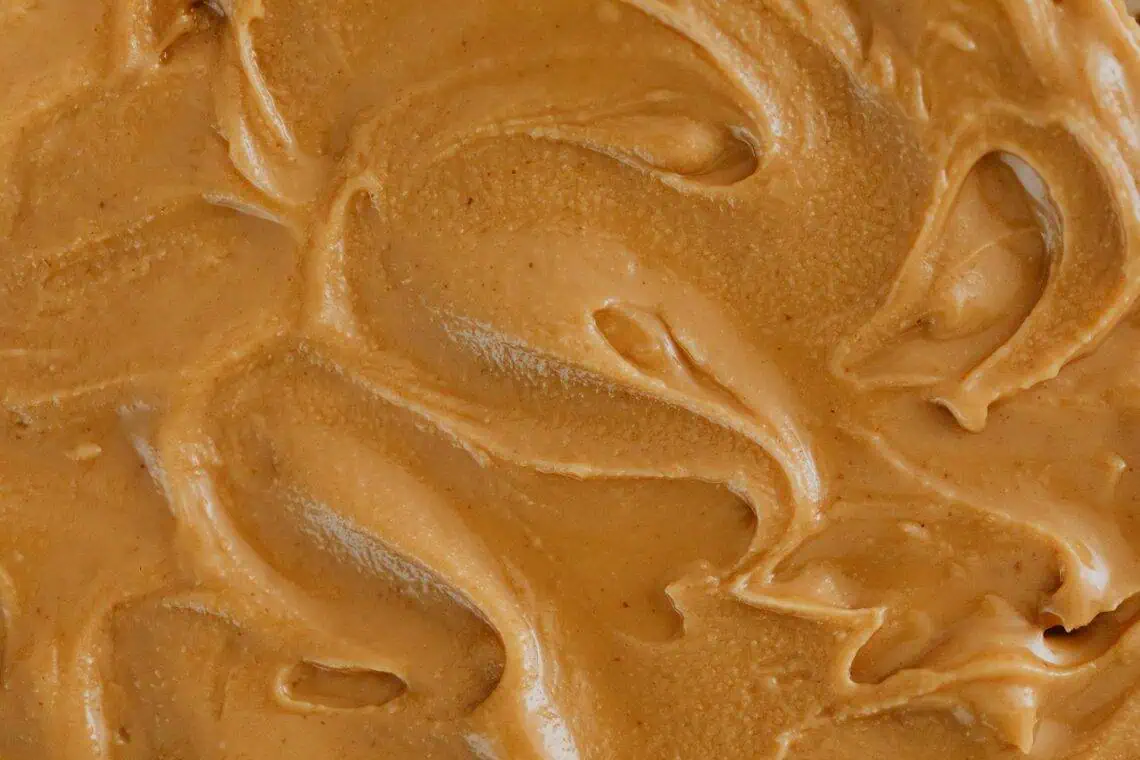Summary: Key Points on the Peanut Butter Recall Fine
- Contamination Scandal: House of Natural Butters was fined R500,000 for distributing peanut butter with unsafe aflatoxin levels, violating South African food safety laws.
- Retailer Recalls: Dis-Chem and Pick n Pay recalled products like Eden All Natural and No Name peanut butter in February 2024 after detecting high toxin levels.
- Ongoing Investigations: The National Consumer Commission continues to probe another manufacturer, emphasizing stricter food safety compliance.
House of Natural Butters Fined for Aflatoxin Contamination
In a significant ruling, the National Consumer Tribunal confirmed a R500,000 administrative fine against House of Natural Butters (Pty) Ltd, trading as Eden All Butters, for supplying contaminated peanut butter. The fine follows a settlement agreement with the National Consumer Commission (NCC) on February 25, 2025, formalized as a consent order on June 3, 2025. The case stemmed from product recalls initiated by major South African retailers Dis-Chem and Pick n Pay in February 2024, after tests revealed elevated levels of aflatoxin—a toxic, carcinogenic substance produced by certain molds—in several peanut butter brands.
What Triggered the Recalls?
The NCC was alerted to the issue when Dis-Chem and Pick n Pay issued recall notices for products like Dis-Chem’s Lifestyle 400g and 800g Smooth and Crunchy, Pick n Pay’s No Name 1kg Smooth, and Eden All Natural peanut butter. Laboratory tests confirmed that these products, sourced from House of Natural Butters, contained aflatoxin levels exceeding the legal limits set by Regulation 1145 of 2004. Aflatoxin, when consumed in high doses, can cause nausea, vomiting, and long-term health issues like liver damage or cancer, according to the World Health Organization.
Violations and Investigation Findings
The NCC’s investigation, spanning May to November 2023, uncovered serious lapses in House of Natural Butters’ operations. The company imported peanuts from Malawi and Zambia using trucks lacking proper food transportation certificates, breaching Regulation 638 of 2018. Further tests revealed the peanuts were contaminated, decayed, and impure, violating the Foodstuffs, Cosmetics, and Disinfectants Act of 1972 and the Consumer Protection Act. These findings prompted a nationwide recall starting February 2, 2024, to protect consumers.
Implications for Food Safety in South Africa
The fine underscores the NCC’s commitment to enforcing food safety regulations. Acting Commissioner Hardin Ratshisusu emphasized that suppliers must comply with the Consumer Protection Act to ensure consumer safety. The ongoing investigation into another peanut butter manufacturer signals a broader push for accountability in the food industry. For consumers, this case highlights the importance of checking product recalls and expiry dates, especially for pantry staples like peanut butter.
Sources:
